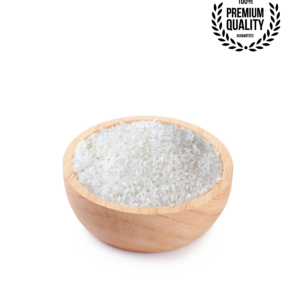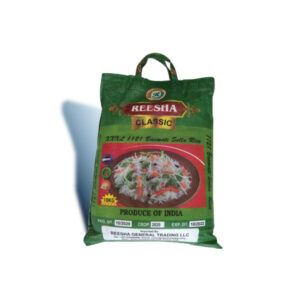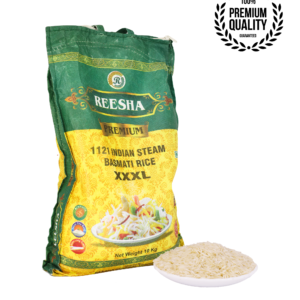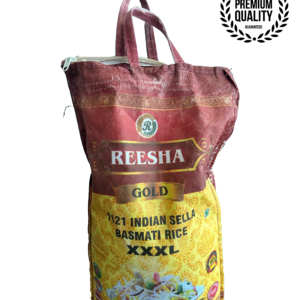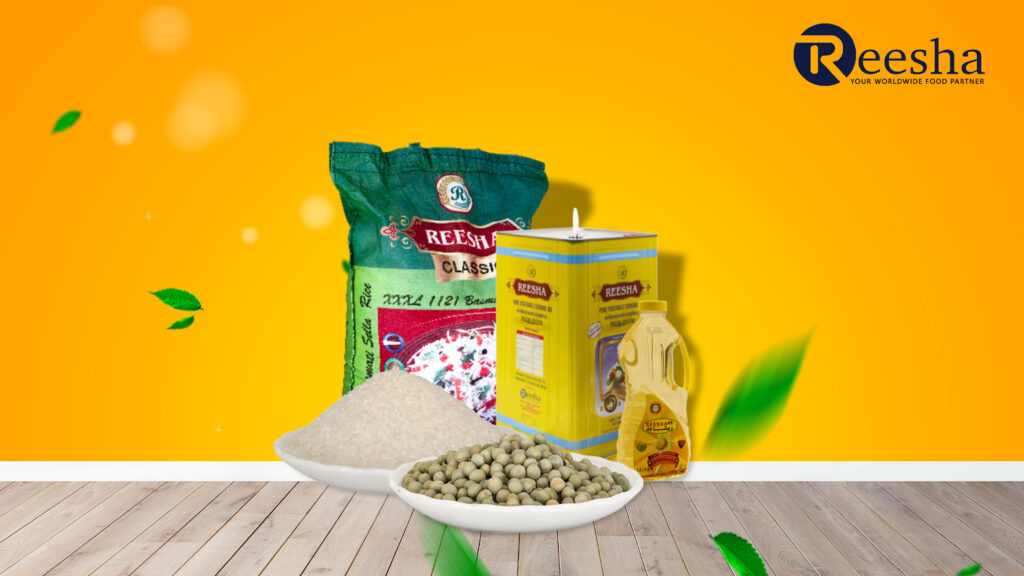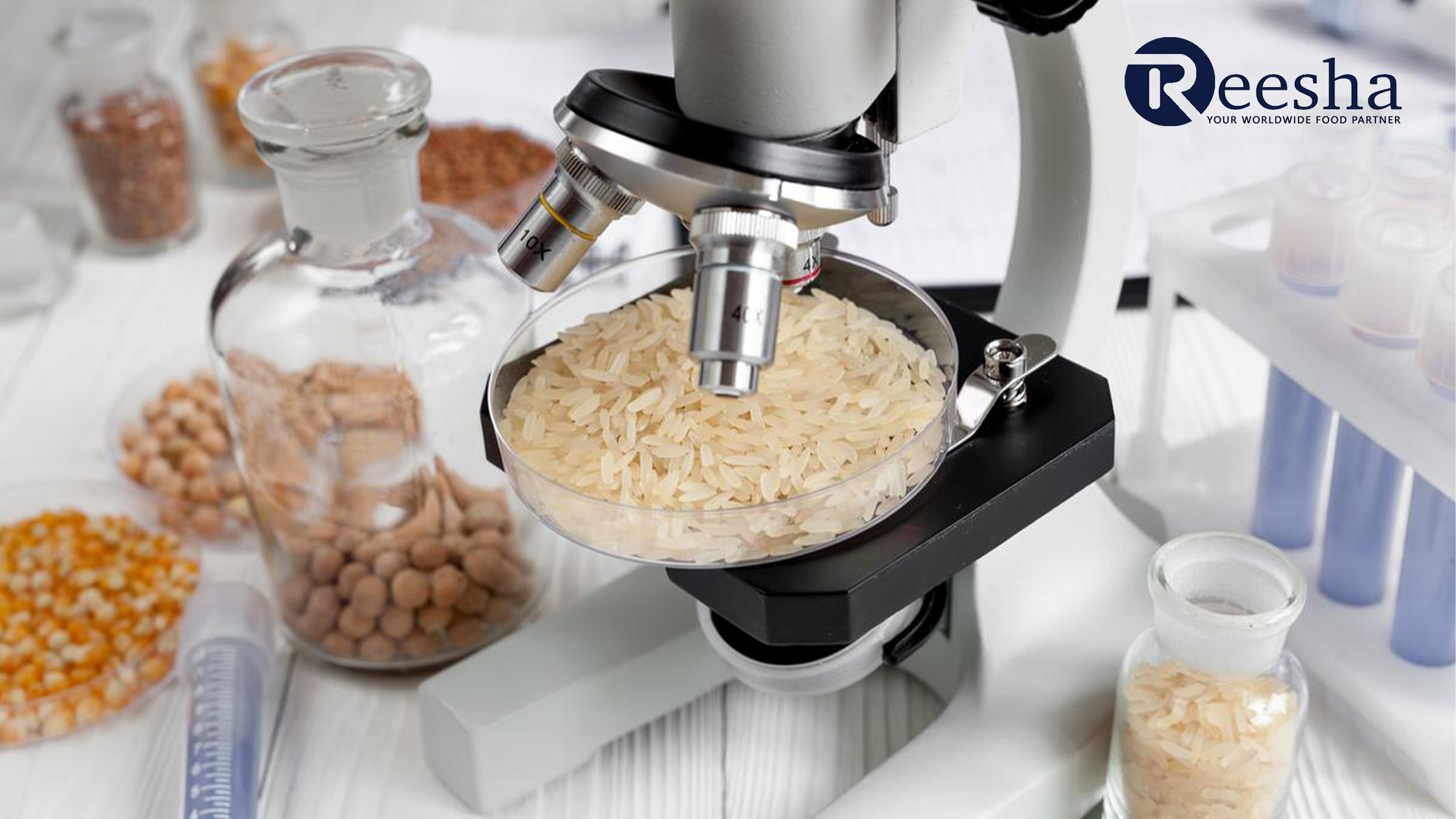
At Reesha General Trading, we understand the paramount importance of food safety in the global food industry. As a leading food wholesaler, exporter, and importer based in Dubai, we are committed to ensuring the delivery of safe and high-quality food products to consumers worldwide. In this blog, we would like to shed light on how technology has revolutionized the industry, playing a pivotal role in enhancing food safety practices throughout the entire supply chain, from import and export processes to transportation and wholesale operations.
Importance of Food Safety in the Global Food Industry
As a food exporter and importer, we recognize that maintaining the highest standards of food safety is crucial. The global nature of the food industry demands robust systems to monitor and safeguard the quality and safety of food products at every stage. We firmly believe that consumers should have complete confidence in the food they consume. Through the implementation of cutting-edge technological solutions, we can identify potential hazards, enhance traceability, and ensure compliance with regulations, thus fostering trust in the products we distribute.
Enhancing Import and Export Processes
At Reesha General Trading, we have harnessed the power of technology to transform our import and export processes. By utilizing digital platforms and electronic documentation, we can track and monitor shipments in real-time. This enables us to identify any potential issues, such as delays or temperature variations, that may impact food safety. Embracing technologies like blockchain allows us to maintain an immutable record of the entire supply chain, providing transparency and traceability. This enables us to quickly trace the source of any contamination or quality issues. And this helps to facilitate targeted recalls and prevent the distribution of unsafe food.
Transforming Transportation Practices
Transportation is a critical stage in the global food supply chain, and at Reesha General Trading, we have leveraged technology to enhance food safety during transit. Through the use of IoT devices such as temperature and humidity sensors, we can monitor cargo conditions in real-time. This empowers us to prevent the spoilage of perishable goods and ensure compliance with optimal storage conditions. Additionally, GPS tracking systems allow for precise location tracking, minimizing the risk of theft and unauthorized diversions. In the unfortunate event of a food safety incident, technology facilitates swift traceability, allowing us to promptly identify and remove contaminated products from the distribution network.
Strengthening Wholesale Operations
As a food wholesaler, Reesha General Trading understands the importance of seamless operations to ensure food safety. We have embraced digital inventory management systems that enable us to accurately track products, implement first-in, first-out (FIFO) practices, and monitor expiration dates. By leveraging data analytics, we can identify trends and patterns that help prevent potential food safety risks. Furthermore, technology facilitates seamless communication between us, our suppliers, and retailers, enabling prompt notifications of any quality or safety concerns, and ensuring swift actions are taken to rectify the situation.
Conclusion
At Reesha General Trading, we believe that technology is a powerful tool in enhancing food safety in the global food industry, enabling us to deliver safe and high-quality food products to consumers worldwide. Hence, technological advancements and innovations shall be welcomed to find out new and accessible way to ensure the same.
FAQ
How can consumers play a role in food safety?
Consumers can contribute to food safety by practicing good hygiene at home, properly storing and handling food, following cooking instructions, checking food labels for allergen information, and reporting any suspected food safety issues.
How can food businesses ensure allergen control?
Food businesses can ensure allergen control by implementing proper labeling and packaging, segregating allergenic ingredients, training staff on allergen awareness, and having robust cleaning procedures to prevent cross-contact.
What are the consequences of non-compliance with food safety regulations?
Non-compliance with food safety regulations can lead to foodborne illness outbreaks, damage to brand reputation, legal consequences, financial losses, and the loss of consumer trust.


